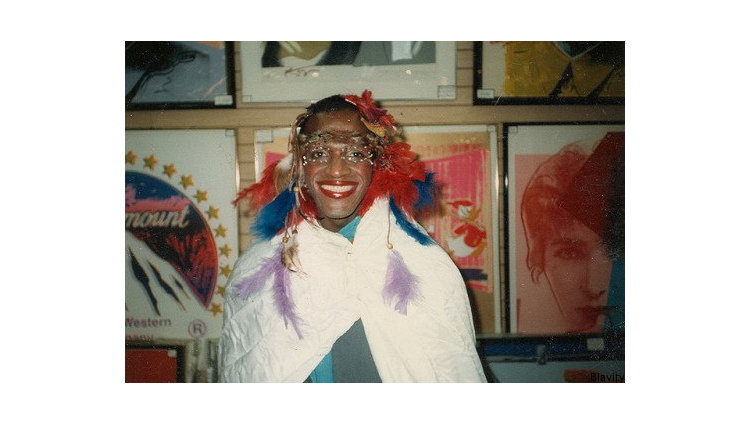
Friday 10.06.17
The Death and Life of Marsha P. Johnson
Earlier this month, Abi invited me to a screening hosted by Netflix. He sent me the invite that he had received and it looked interesting; the invite described a documentary about Marsha P. Johnson. I recognized the name but couldn’t quite pin down how I knew her (a shame, I know). I accepted Abi’s invitation and we headed to the IFC Center in Greenwich Village, got our free popcorn and drinks, and settled in for the film. Within about 15 minutes, I think we were both shocked at the caliber of the doc’s storytelling, production, and quality. As the film progressed, so did our amazement. The documentary follows three separate but concentric narratives. The main plotline, focuses on the strange circumstances surrounding Marsha’s death (Was she murdered? Did she commit suicide? Was her death an accident?). The second narrative arch is about Sylvia Rivera, a contemporary of Marsha’s, who fought for trans rights for most of her life. These two narratives are both told almost entirely through archival footage, which, coming from a critical perspective, is quite a feat to accomplish; most docs rely on interviews to fill in events that happened in the past. The third plotline — which unravels almost entirely in verite footage — is perhaps more surprising. It follows Victoria Cruz — a fierce queer trans activist who worked alongside both Marsha and Sylvia — as she attempts to reopen Marsha’s case, as it has been cold for 25 years. We get a glimpse into Victoria’s life through this narrative, but it’s more about what she unlocks from others. I can’t think of anyone fiercer than Victoria. After the screening, Abi and I attended the reception at Stonewall — where the modern LGBT-rights movement began — and we met Victoria personally. She’s got something to say to all of us, and it’s our obligation to her, and to our history, to listen.